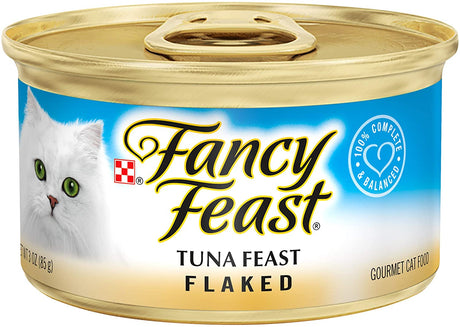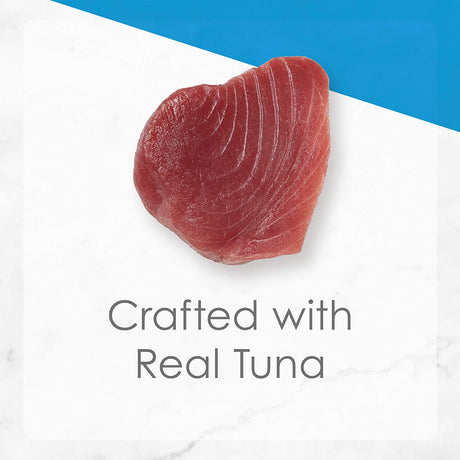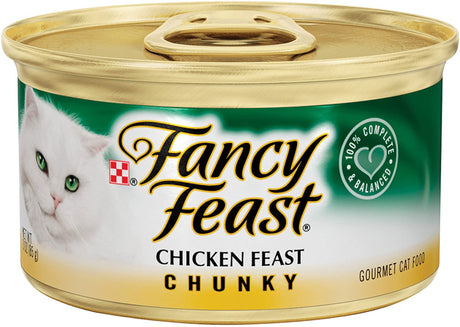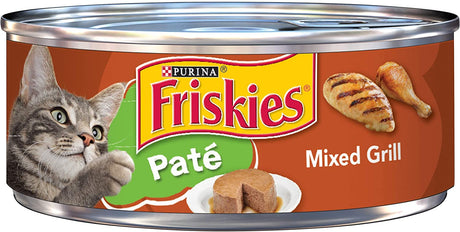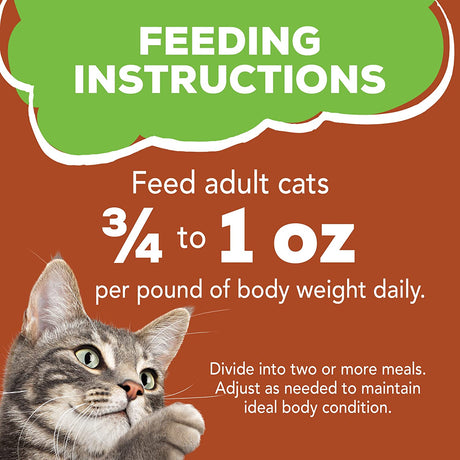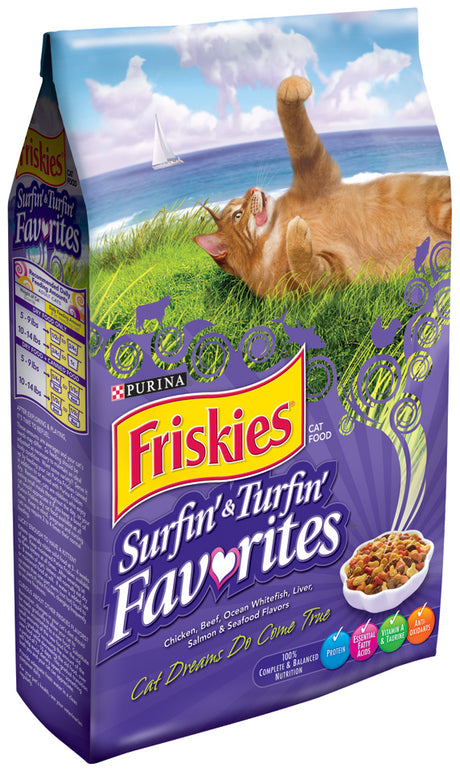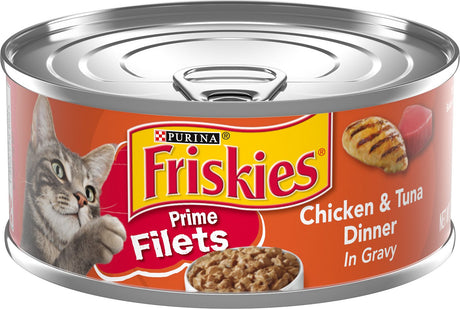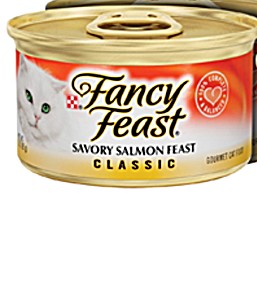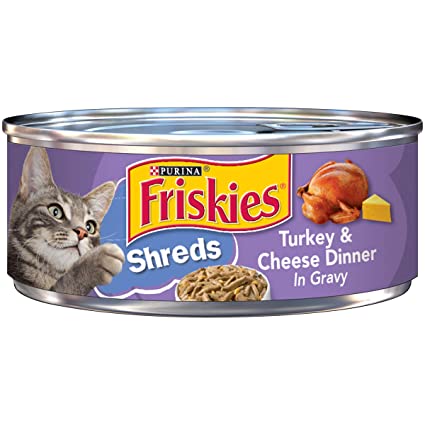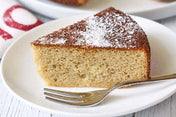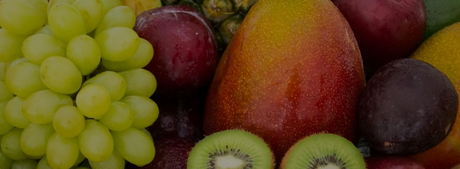A1 Coconut Muffin
►Coconut flour can be used in a variety of recipes, both sweet and savory. You can substitute it for other flours when making bread, pancakes, cookies, muffins, or other baked goods. Just be mindful that coconut flour tends to absorb more liquids than other flours. For this reason, it cannot be used as a one-to-one replacement. ►Coconut Flour are first cracked open and drained of liquid. The coconut meat is then scraped out, rinsed, grated, and strained to separate the solids from the milk. This product is baked at a low temperature until dry before being ground into flour.The resulting white powder looks and feels similar to flours made from grains like wheat and is very mild in taste. ►It is high in fiber, protein and healthy fats and free from wheat and other grains. It is also low in sugar, digestible carbohydrates and calories. Plus, this flour has a low score on the glycemic index. ►Coconut flour offers a variety of nutrients, including healthy fats. A 1/4-cup (30-gram) serving contains: Calories: 120, Carbs: 18 grams, Sugar: 6 grams, Fiber: 10 grams, Protein: 6 grams, Fat: 4 grams, Iron: 20% of the daily value (DV). ►This unique flour can also be used as breading or to thicken soups and stews. What’s more, you can use it as a binding agent in burger or veggie loaf recipes, as well as to make grain-free pizza crust or wraps. ►Coconut flour is not actually “flour” in the way we normally think of it. It contains zero grains and consists of 100 percent pure coconut meat.
A1 Coconut Muffin is backordered and will ship as soon as it is back in stock.
Couldn't load pickup availability



